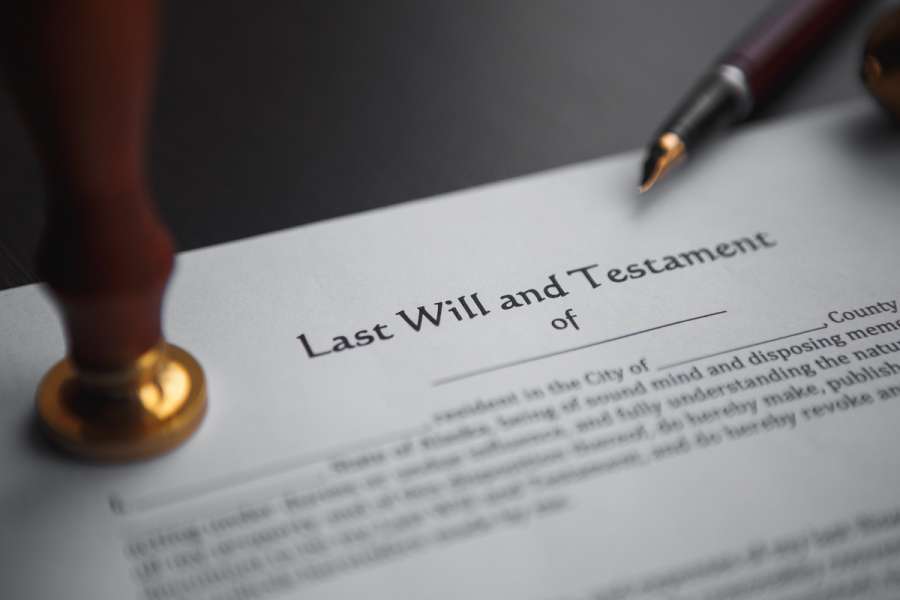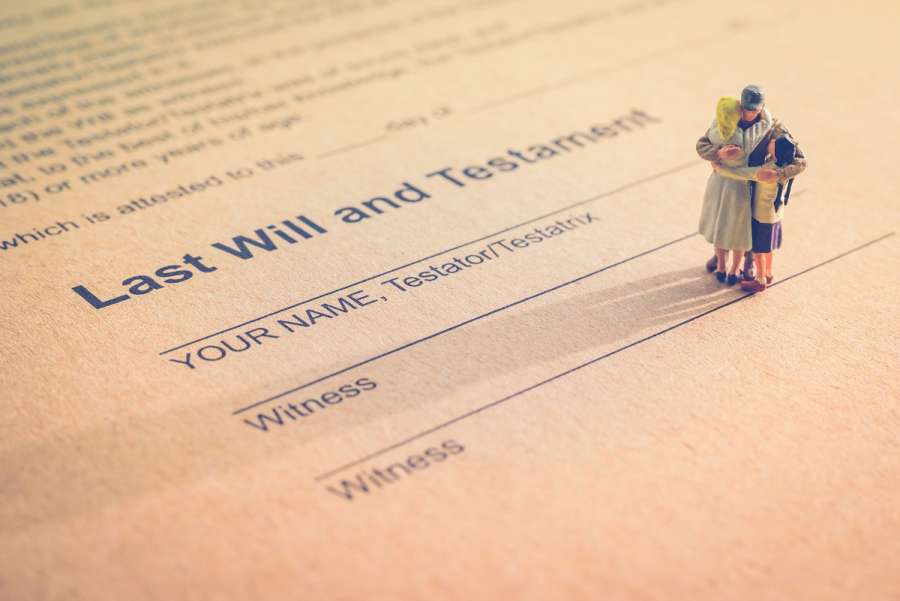1. A Will that is not properly witnessed
Under section 9 Wills Act 1837, certain requirements must be present for a Will to have been validly signed. The Will must be in writing and must have been signed by the person (known as a testator) making the Will in the presence of two witnesses present at the same time, or the testator must acknowledge their signature in front of two witnesses present at the same time.
2. Lack of testamentary capacity
A testator must:
- Understand that they are making a Will;
- Have some understanding of the nature and value of their estate and assets;
- Be aware of the persons they would usually be expected to provide for and potential claims that could be brought; and
- Be sound of mind and free from any delusions that would affect how they distribute their estate.
If, at the time the Will was made, the testator can be shown to fail one of the above tests; you may be able to challenge their Will based on lack of capacity. The starting point for claims of this nature is normally a full review of evidence and the Deceased's medical records.

3. Fraud or forgery
Fraud and forgery are very rare reasons to challenge a Will's validity. It will be interesting to see how Priscilla Presley's case develops as her lawyers have alleged that Lisa Marie's Will was amended due to fraud or forgery being present. In the UK, forgery claims usually need to be accompanied by clear evidence, often requiring a handwriting expert's report and compelling evidence.
4. Undue influence
Coercion is required for a claim of undue influence to succeed. This means that there must be evidence that the testator was influenced to make a Will in terms that they would not have otherwise made. Claims under this category are notoriously difficult to prove, and the court requires strong evidence to demonstrate not only persuasion but actual undue influence.
5. Lack of knowledge and approval
The testator must have known they were making a Will and approved its contents. Whilst similar to a lack of testamentary capacity, a testator may have the required mental capacity, but they were not fully aware of the full extent of the contents of their Will. Again, the court requires strong evidence of this ground, usually found in the Will Draftsman's notes or file.
It is possible to challenge the validity of a Will on more than one of the grounds mentioned above. If you would like further information about how we may help you challenge the validity of a Will or defend a Will validity claim that's been brought against an estate which affects you, please do not hesitate to contact a member of our Contentious Probate team today.




